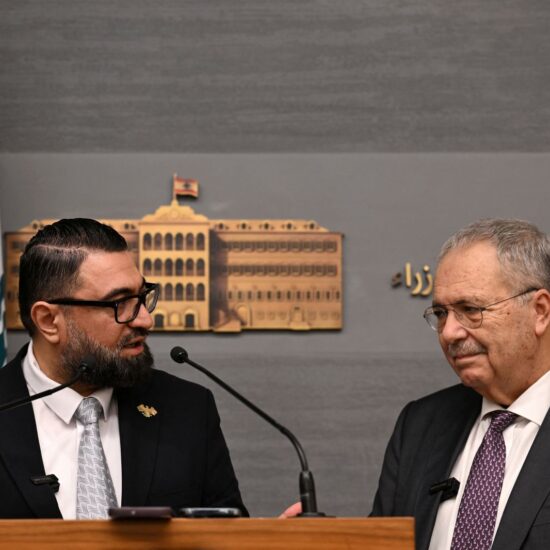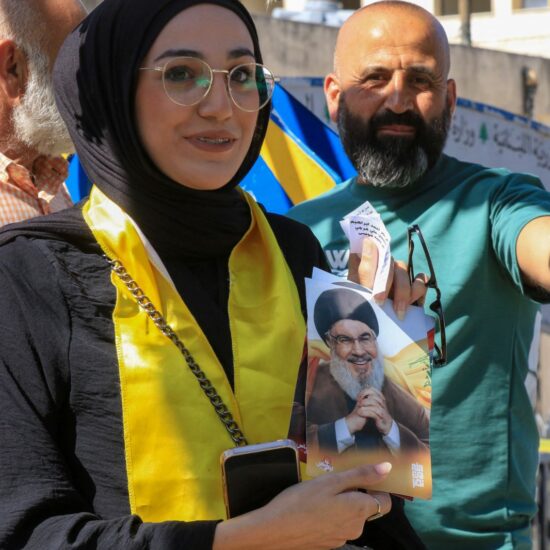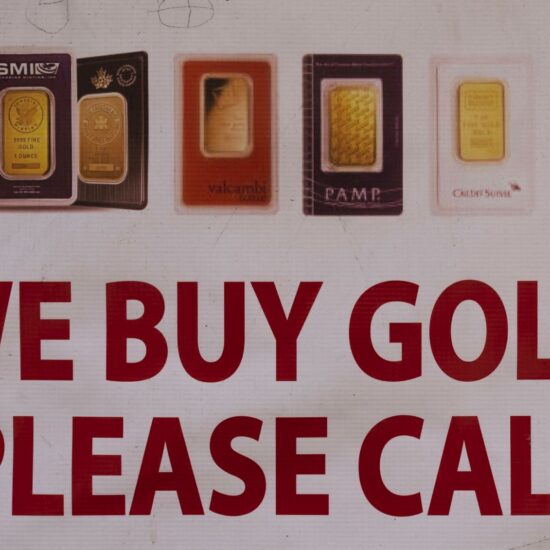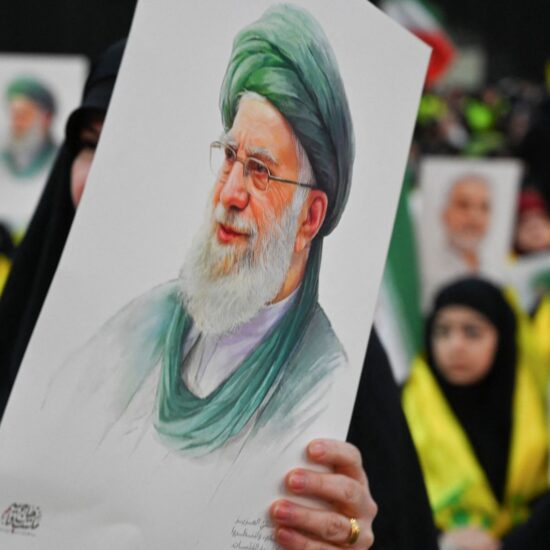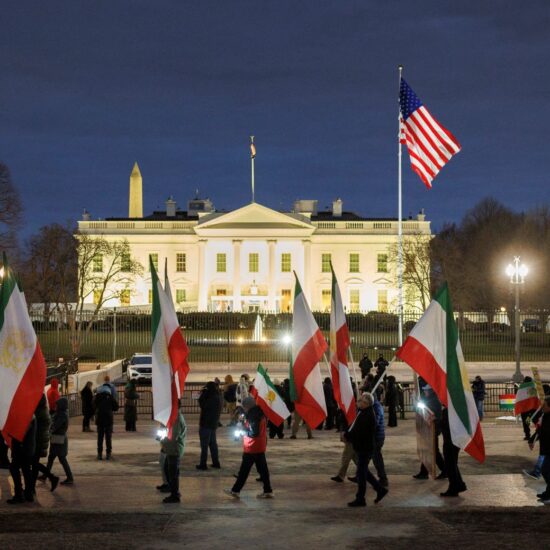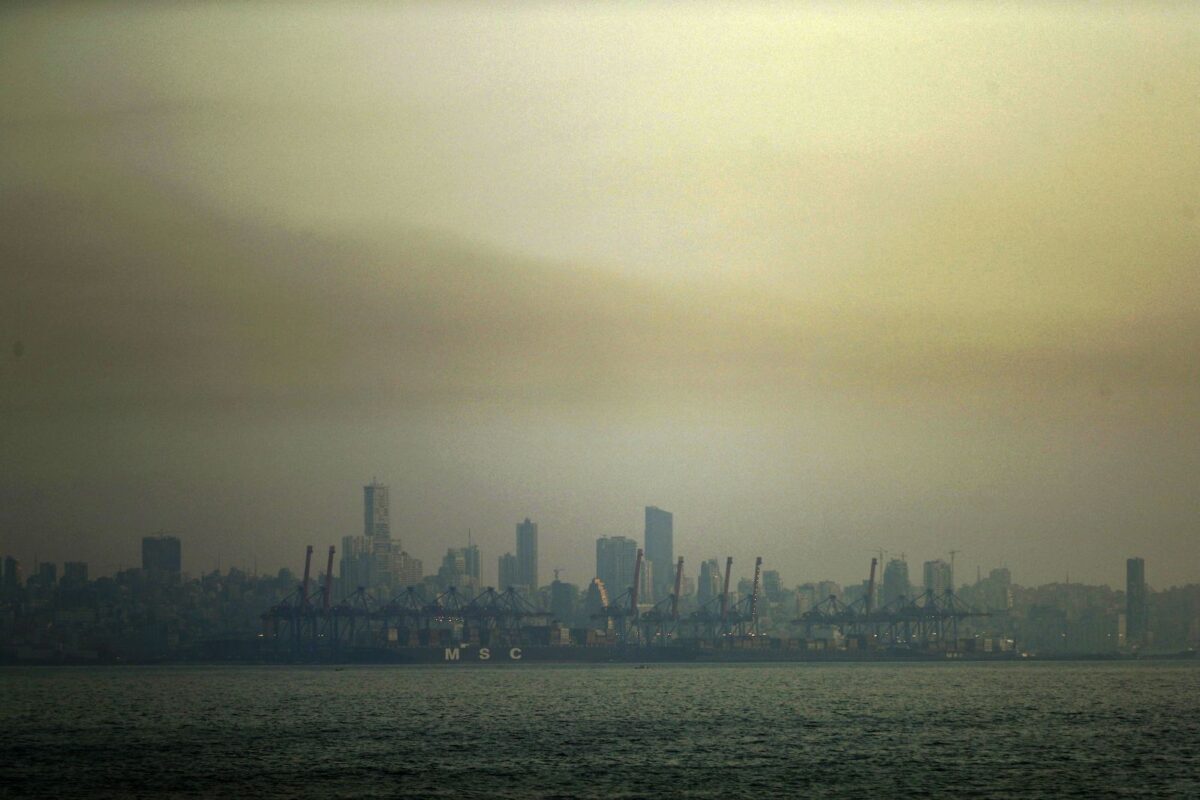
A recent report by the Daily Mail has sent shockwaves through Lebanon. Citing data from The Lancet Global Burden of Disease, the report ranked Lebanon first worldwide for the fastest increase in cancer-related deaths over the past 30 years, with a staggering rise of 80 per cent.
This alarming ranking sheds light on the country’s deepening public health crisis, amid a shaking healthcare system, lack of environmental regulations, and increasing exposure to risk factors from air and water pollution to the uncontrolled use of pesticides and chemicals in agriculture.
Main causes?
Lebanon’s deteriorating environmental conditions and fragile healthcare infrastructure provide fertile ground for rising cancer rates.
The country struggles with chronic air and water pollution, a decades-long waste crisis, weak food safety regulations, and a crumbling health system.
Water contamination is chronic, with sewage often seeping into irrigation systems and household water supplies.
Pollution from private generators has soared. Once operating only a few hours daily, generators now run up to 20 hours, releasing carcinogenic particles into neighborhoods.
Anti-smoking laws are rarely enforced. Cigarettes, shisha, and e-cigarettes are consumed widely indoors, affecting smokers and non-smokers alike.
War-related exposure is another major factor. Decades of conflict, including the use of phosphorous and potentially chemical weapons, have left a toxic legacy. Kark warns that Lebanon will likely see a sharp rise in “post-war cancers” by 2030, mirroring global patterns in war-torn countries.
The burden isn’t equally shared: poorer neighborhoods, those near noisy industrial zones or with high density of generators, suffer more. Those without access to clean energy, stable healthcare, or safe living environments are paying disproportionately.
Some have questioned the accuracy of the Lancent data, especially since Lebanon has not published comprehensive national cancer statistics since 2016.
Former Minister of Health Dr Firass Abiad addressed the reports in a detailed post on X pointing out three critical points.
Modifiable risk factors: Lebanon has some of the highest smoking rates in the world, combined with widespread air pollution, alcohol consumption, and unhealthy diets. While anti-smoking legislation was passed early on, enforcement has been weak. “This failure to tackle preventable risk factors,” Abiad noted, “remains the main driver behind this alarming trend.”
Access to treatment: Lebanon’s economic collapse between 2020 and 2023 severely disrupted access to cancer medications and care. However, this period represents only a small fraction of the 30-year timeframe covered by the Lancet study, meaning the recent financial crisis alone cannot explain the sharp rise.
The data itself: Since Lebanon stopped publishing cancer registry data after 2016, international health bodies relied on modeling and projections rather than actual figures. These estimates carry significant uncertainty, making it difficult to validate the accuracy of the Daily Mail’s claims.
Cancer in Lebanon is no longer merely a medical issue; it has become a deeply human and social one. Patients are trapped between medication shortages, weak or nonexistent financial safety nets, and the collapse of public support systems.
The economic freefall, driven by the currency’s collapse and the soaring exchange rate of the dollar, has made cancer treatment unaffordable for the majority.
The most vulnerable are often left to fend for themselves, unable to access even the most basic care.
A Broken Safety Net
The absence of effective public and private insurance coverage has been a key driver of this catastrophe. The National Social Security Fund (NSSF), which continues to collect contributions in U.S. dollars, still does not provide full coverage for cancer drugs. Limited support comes from a handful of institutions, such as the Internal Security Forces, but the vast majority of citizens face hospitalization and treatment without any safety net.
Efforts by the Ministry of Health to regulate drug imports through the “Aman” digital platform have offered some relief, but not nearly enough. While a few cancer drugs are now available, many remain missing. Patients are often forced to either buy costly alternatives from the black market or suspend their treatment, or have to deal with delays.
Ahmad, a 52-year-old chef and father of three from the Beqaa, was diagnosed with colon cancer two years ago. What followed was a journey full of hardships and stress.
“When the doctor told me I needed immediate treatment, I thought the hardest part would be fighting the disease,” Ahmad says. “I didn’t realize the real battle would be to find the medication and cover the hospital bills,” Ahmad told NOW.
At first, Ahmad’s chemotherapy sessions were partly covered through the Ministry of Public Health. But when the economic crisis worsened, medications started disappearing from pharmacies and hospital stocks. He spent weeks moving between hospitals, the ministry, and NGOs to secure each cycle of treatment.
“There were times when I had to wait for weeks because the medicine wasn’t available. Once, my family and I had to drive all the way to Beirut three times in one week just to get one injection,” he recalls.
What must be done?
“The first and most urgent step is to actually enforce the laws we already have,” Yasmin Njeim, an environmental health scientist lecturer told NOW. “There are regulations on generator emissions and air pollutants, but they’re rarely implemented. We need regular inspections, real penalties, and full transparency.”
For Yasmin, environmental monitoring must become systematic.. “We need more air quality sensors, consistent data collection, and a commitment to publish that data openly
Yasmin sees that linking environmental pollution data with cancer registries would give Lebanon a clear evidence of the harm being done.
Rodayna Raydan is a Lebanese-British journalist. You can follow her on Twitter @Rodayna_462
The views in this story reflect those of the author alone and do not necessarily reflect the beliefs of NOW.



